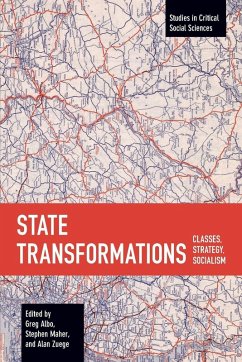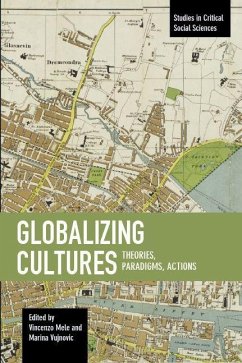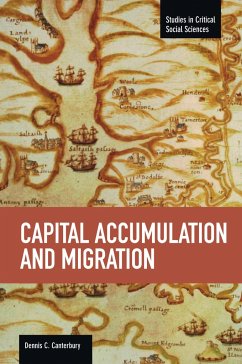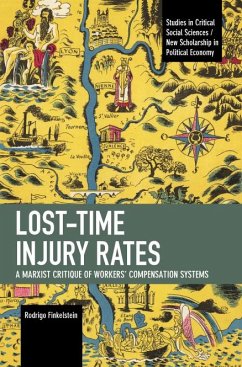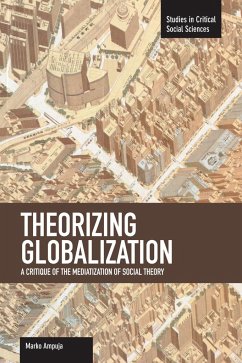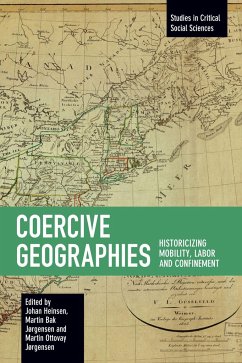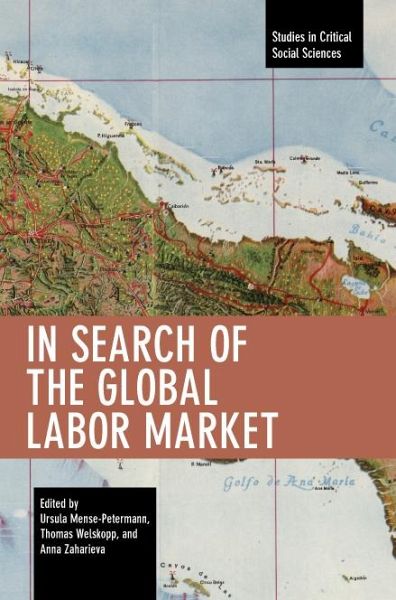
In Search of the Global Labor Market
Versandkostenfrei!
Versandfertig in über 4 Wochen
30,99 €
inkl. MwSt.

PAYBACK Punkte
15 °P sammeln!
This volume addresses pertinent questions related to cross-border labor migration and puts forward a "labor market" perspective that goes beyond the national frame of reference prevailing in most of the extant labor market scholarship. In four sections, the volume pulls together a number of key threads: How can we theoretically grasp "global labor markets?" What does existing empirical research reveal about the current state of affairs and the historical development of "global labor markets", provided that they can even be regarded as "global?" How is the emergence of border-crossing labor m...
This volume addresses pertinent questions related to cross-border labor migration and puts forward a "labor market" perspective that goes beyond the national frame of reference prevailing in most of the extant labor market scholarship. In four sections, the volume pulls together a number of key threads: How can we theoretically grasp "global labor markets?" What does existing empirical research reveal about the current state of affairs and the historical development of "global labor markets", provided that they can even be regarded as "global?" How is the emergence of border-crossing labor markets influenced by existing institutions, international intermediaries and social networks? The editors have crafted a coherent volume that enriches our understanding of both globalization and labor markets. Contributors include: Patrik Aspers, Peter-Paul Banziger, Martin Buhler, Rebecca Gumbrell-McCormick, Richard Hyman, Sven Kesselring, Eleonore Kofman, Ursula Mense-Petermann, Sigrid Quack, Alexandra Scheele, Helen Schwenken, Karen Shire, Marcel van der Linden, Thomas Welskopp, Tobias Werron, and Anna Zaharieva





